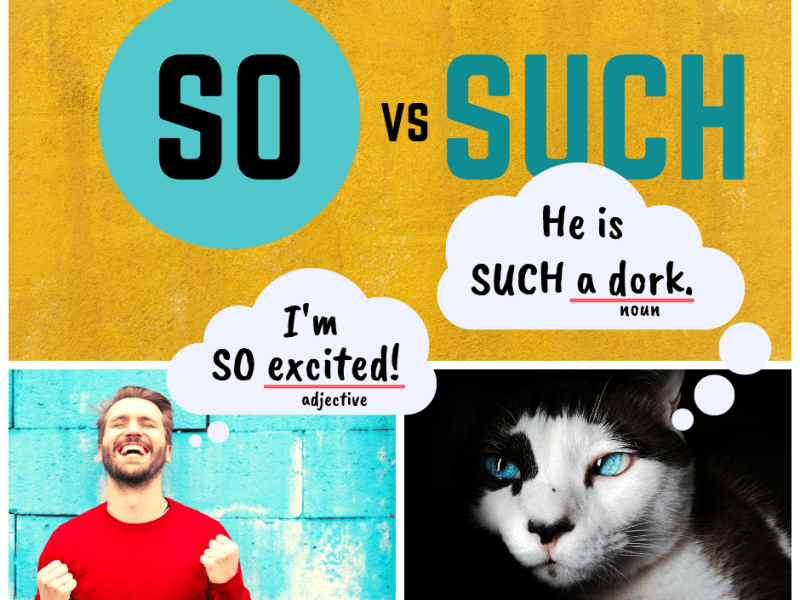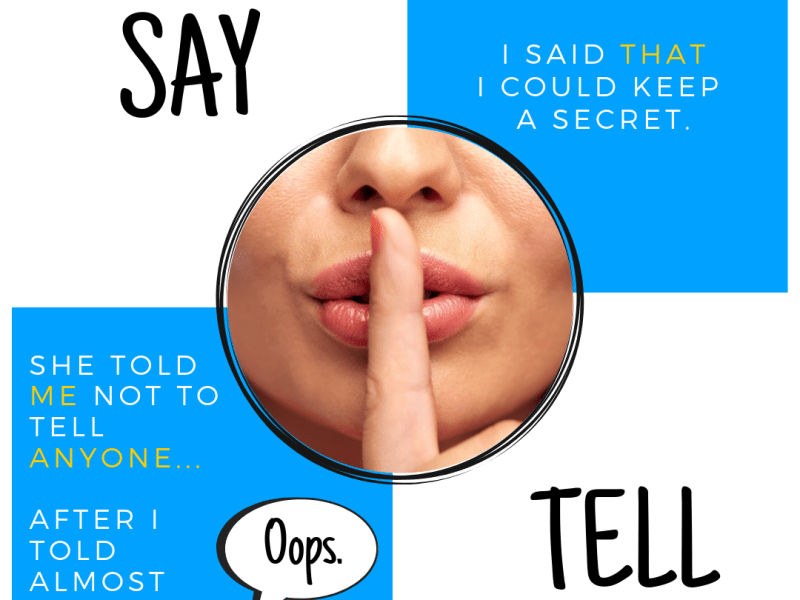Category: Grammar
The $5 Million Comma: The True Tale of the Oxford Comma Lawsuit
If you don't think bad grammar can cost you, think again. In this case, one…
Variations on 4 Card Games ESL Students Will Flip Over
Breaking News! ESL Students prefer playing games to studying grammar. Thanks, Captain Obvious. Now, let's…
8 Flashy Ways To Use Flashcards for Online ESL
If you know how to use flashcards in online ESL classrooms, they can be fantastic…
Used to vs. Usually: What’s the Difference?
Used to When I was a kid, I used to jump off cliffs into the…
Borrow or Lend: What’s the difference?
It's easy to confuse these two terms. They are used when we give or take…
Too vs. So: What’s the difference?
TOO = A negative description When something is not good, or you don't like it,…
So or Such: What’s the difference?
Cats are so funny. You never know what they are really thinking about you, but…
Still Or Until: What’s the Difference?
These two very common words are easy to confuse. They both relate to a measure…
Go Back or Come Back: What’s the Difference?
When talking about travel, it's easy to confuse the phrasal verbs go back and come back. They both mean to…
Say vs. Tell: What’s the Difference?
SAY and TELL are similar - they are used to communicate information. So what's…










